There are several disturbing trends in the unpleasant responses to people who have posted concerns about radon gas being emitted from granite which have led to even broader assertions as to whether people should be concerned about radon levels in their houses in general. Im writing this because frankly I find these attacks to be both mean-spirited and ignorant. Granted we donÂt know enough about radon emissions from granite but thatÂs at the heart of people having concerns in the first place.
First, thereÂs a need for some people to get nasty and sarcastic with the posters, to suggest they are ignorant and paranoid. I donÂt understand why common courtesy is thrown out the window when people express concerns about their safety, other peopleÂs safety, and whether consumers should have access to information.
Second, thereÂs a need for people to allege concerned posters are irrational. So, if a poster says he or she understands that the vast majority of granites arenÂt radioactive and donÂt emit radon gas and that the problem is limited to just certain stones or even just areas of some stones, others feel compelled to ignore that caveat and act as if the person said the sky is falling and that all granite is dangerous.
Third, thereÂs a compulsion for people to point out that lots of things are dangerous as if thatÂs a reason to ignore the dangers of radon gas. People point out that there are lots of sources of carcinogens  smoking, chemicals, etc.  and thatÂs true and, in fact, as a result many people make personal decisions to not expose themselves when they have the information they need. In addition, the government helps us as a society to avoid those dangers as well by, for example, banning certain chemicals, requiring hoods on gasoline pumps, limiting medical x-ray exposure, and putting warnings on cigarettes. There are a wide range of federal, state, and local agencies charged with helping us avoid cancer-causing agents.
Likewise, people point out that there are other non-cancer dangers -- such as driving  which are also dangerous but most of us engage in. The implication is that since we engage in some risky behaviors, we should accept the dangers of all other behaviors or choices. ThatÂs simply illogical. In fact, we as a society (government) have made many decisions to provide protection for all people from a variety of risks and we have also mandated that people be provided with information so that they can make their own choices. ItÂs called 'consumer protection.' But, for some reason, advocating for consumer information and protection on this kitchen forum opens one up to personal attacks -- at least when it comes to granite.
Last, people act as if radon gas is not dangerous. ThatÂs as absurd as believing that cigarettes donÂt cause lung cancer. From whatever source  generally the ground upon which the house was built  radon does contribute significantly to lung cancer. This is why the U.S. Environmental Protection Agency advocates radon-resistant building techniques and radon mitigation systems for existing buildings where levels exceed acceptable levels. Some states mandate radon testing for real estate transactions, for foster homes and schools, release of information to buyers if sellers have already conducted testing, etc. Linked to this is a 22-page report from 2004 on all of the radon-related State laws. As with cigarette smoking, exposure to radon affects us as a society because of the high cost of health care, if for no other reason. Unlike cigarettes, most people are not aware that they are being exposed to radon gas in indoor environments. Advocating for ways to inform consumers about radon may require the creation of more radon testing protocols but that doesnÂt make the idea inherently illogical.
ThatÂs it. I donÂt plan on reacting one way or another to any posts replying to this because I donÂt want to get sucked into it. But I hope that some people might reconsider both their arguments and the way that they make them.

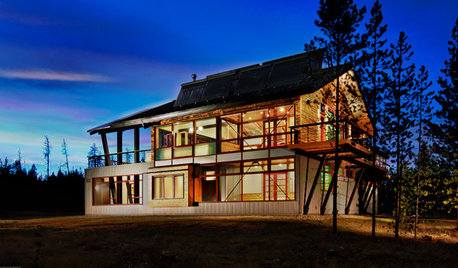
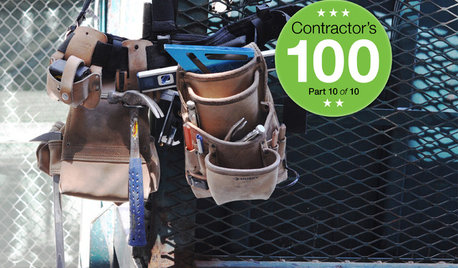

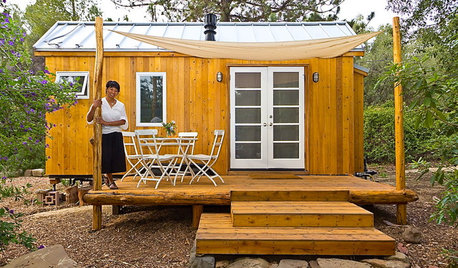


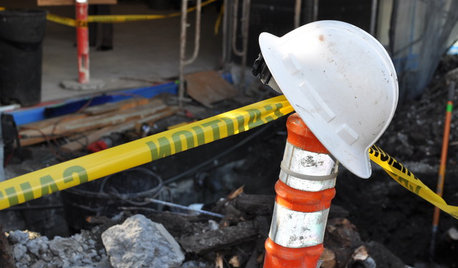
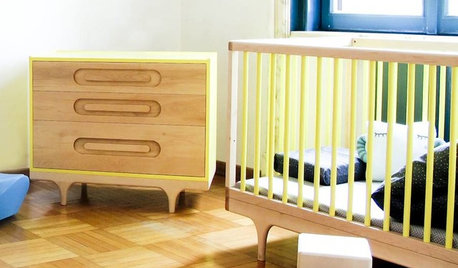








sailormann
paulines
Related Discussions
Leaving Fruit Aesthetics to the Consumer
Q
Consumer Reports June issue and Duet
Q
One more radon thread...what, if anything, is a consumer to do?
Q
Divert soil water away from crawl space & mitigate crawlspace Radon
Q
rebccah990
marlene_2007
logic
luvmyguys
chefkev
chefkev
sailormann
moonkat99
sdkitchen
paulines
paulines
revans1